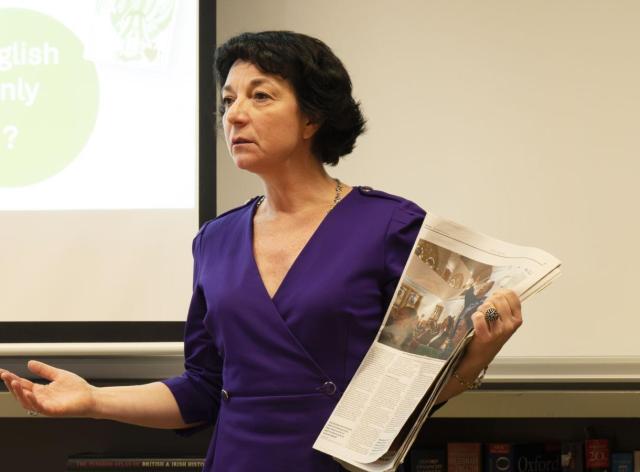Linguistics
While operating within the theoretical and methodological framework of contact linguistics, (historical) sociolinguistics and the sociology of language, research in German and general linguistics within the German Unit focuses primarily on the following themes:
- the social history of German in Belgium, with a particular interest in the evolution of German both as a language of instruction and as a foreign language from 1830 onwards;
- the status and use of German as a first and second language in (the German-speaking Community of) Belgium and the Greater Region, as well as the status and use of German as a 'lingua franca' in Europe ;
- practical management (and the tension between theory and practice) of language policy and planning among linguistic minorities in Europe;
- language conflict from a theoretical and practical point of view.
Literature
From a literary standpoint, the German Unit's research focuses on three main themes and periods:
- 18th-century literature and culture: these projects focus on the writings and practices of Enlightenment women of letters, on literary networks in this period, and on the beginnings of children's literature.
- Literature of the 19th century (particularly German realism) and the early 20th century: research on these topics focuses on narratological issues.
- exile literature, intercultural literature and travel narratives of the 20th and 21st centuries.
Doctorates in progress
Emma Joveneau's thesis project focuses on the standard variety of German in the German-speaking Community of Belgium in the context of German pluricentricity.
Guillaume Etienne, meanwhile, studies travel narratives on foot in contemporary German-language literature, focusing on their societal, ecological, spiritual and historical dimensions.
A description of the research carried out by the German Unit is available above. For further information, please consult the website of the research institute NaLTT (Namur Institute of Language, Text and Transmediality).


